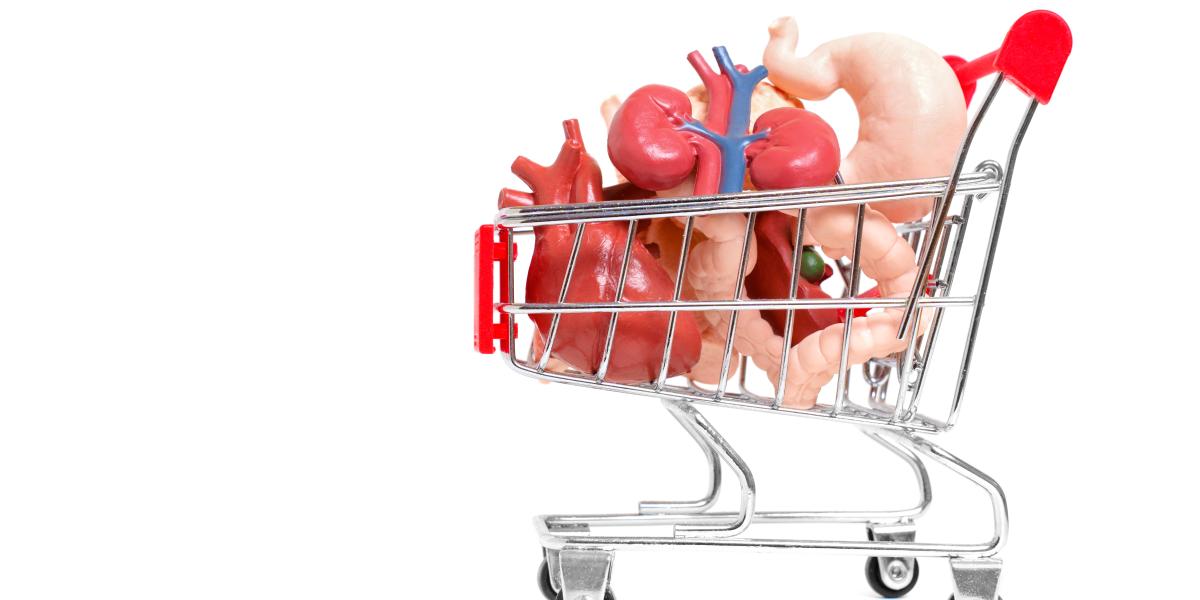


Every day in America a total of 13 people die waiting for an organ transplant, or 4,745 people per year. A further 103,223 people on waiting lists lead a grim existence on dialysis or other medical equipment. The explanation for this drastic shortage of organs is obvious. A ban on the sale of organs is effectively a zero price on them and, when you fix a price below the equilibrium rate, demand outstrips supply. Were organ sales legalized, kidney prices would jump up and more people would supply them as a result. People would live instead of die.
Unfortunately, the only country to have accepted a semi-free market in organs is Iran; however, the results there have been stunning. In 1988, the government legalized the sale of organs such as kidneys and liver: Within the first year of doing so the number of transplants almost doubled. In 2019, it had the highest organ donation rate in the whole of Asia. Plentiful enough was the supply of organs when legalization first occurred, foreigners traveled to Iran to buy organs off them, alas, something which has now been banned.
How does the Iranian situation compare to the US? Today, the waiting list for an organ in Iran is about nine months compared to four years in America. If you have end-stage renal disease, you’re more likely to receive a kidney transplant in Iran than here, at 46 percent versus 31 percent respectively. Iran has a higher proportion of live kidney donations as well (which are more likely to stick) at 47 percent compared to the US’s 23 percent. Interference in the free price mechanism leads to worse outcomes. What are the objections to a free market in organs then?
The central objection to organ sales is the sellers are exploited by the buyers. This exploitation is said to arise because rich buyers take unfair advantage of the seller’s poverty. Let’s run through two understandings of unfair advantage. First, it might be claimed the consumer and producer surplus to the transaction must be equal, and the producer surplus on the part of the Iranian organ seller is too small today. In almost no other market though do we accept this standard. For example, where a poor person needs to quickly sell their car and, hence, does so for a low price, we don’t ban the car sale after calling it exploitative.
Second, it might be claimed, the seller’s price is simply too low because his desperate state of poverty causes him to accept low ball offers. This argument proves too much because the organ buyer could pay a price which is too high as they need the organ due to their own desperate state of need. Exploitation theorists want to deny this though. This second variant of exploitation doesn’t even achieve a full prohibition on exploitation anyway since it is entirely possible organ sellers are middle class. Indeed, 48 percent of Iran’s kidney sellers are actually above the poverty line.
We must also understand the philosophical cost of accepting a prohibition on organ sales. If there exists a covenant on your house which stops you from selling its garage you have a lesser ownership over the house, analogously then, where you are not allowed to sell your organs, you have a lesser ownership over yourself. No. The natural principle of human respect requires that individuals be free to do as they please with their own person and any of its parts. Only by adhering to it is a proper harmony of people ensured where each is treated as an end in himself.
It is no coincidence either that adherence to the natural principle of human respect also ensures the lives of others through organ sales too. This is because where a diverse people is free there is ample opportunity for exchange to make both parties better off. State coercion which stops these exchanges always diminishes this prosperity. According to the American Journal of Transplantation, government purchase of kidneys for $45,000 each would increase well-being by the net sum of $46 billion due to thousands of lives being saved. The taxpayer would also benefit by $12 billion as the sick would no longer be on dialysis at $1.45 million per recipient.
Legalizing the sale of organs strikes many people as intrinsically immoral; but upon closer inspection nothing could be further from the truth. A free market in organs would embody the natural principle of human respect and, crucially, as Iran demonstrates, significantly contribute to saving thousands of lives and ending the misery of dialysis for many more. On this rare occasion, America should follow Iran’s lead and legalize organ sales.
